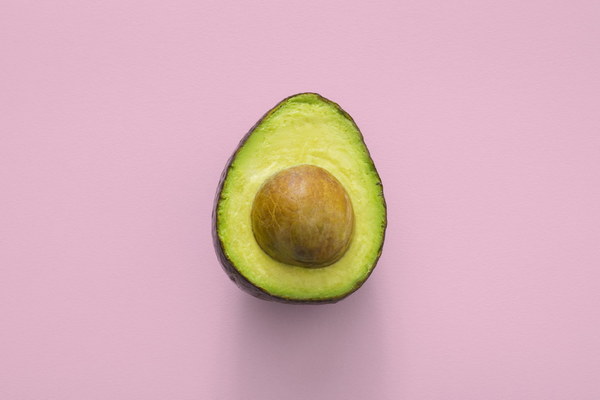The Pros and Cons of Using Traditional Chinese Herbs for Liver Care Is It Beneficial
In today's fast-paced world, people are constantly looking for ways to maintain a healthy liver. One of the most popular methods is to consume traditional Chinese herbs. But is this practice truly effective for liver care? Let's delve into the benefits and drawbacks of using traditional Chinese herbs for liver health.
Benefits of Using Traditional Chinese Herbs for Liver Care
1. Natural Ingredients: Traditional Chinese herbs are derived from natural sources, such as plants, minerals, and animals. This makes them a more appealing option for those who prefer natural remedies over synthetic drugs.
2. Holistic Approach: Traditional Chinese medicine (TCM) takes a holistic approach to healing, focusing on the balance of the body's energy, or Qi. By addressing the root cause of liver problems, TCM can help improve overall health and well-being.
3. Reduced Side Effects: Compared to prescription medications, traditional Chinese herbs often have fewer side effects. This is because they are typically gentler on the body and work more slowly to restore balance.
4. Potential for Liver Detoxification: Some traditional Chinese herbs have been shown to aid in the detoxification of the liver. This can be particularly beneficial for those who have been exposed to harmful substances, such as alcohol or toxins in the environment.
5. Long-Term Use: Many traditional Chinese herbs are safe for long-term use, making them a suitable option for individuals who wish to maintain liver health over time.
Drawbacks of Using Traditional Chinese Herbs for Liver Care
1. Lack of Scientific Evidence: While many people have reported positive results from using traditional Chinese herbs, scientific research on their effectiveness is limited. This makes it difficult to determine their true benefits and potential risks.

2. Quality Control Issues: The quality of traditional Chinese herbs can vary greatly, depending on the source. Some manufacturers may use substandard ingredients or contaminants, which can pose health risks.
3. Interaction with Other Medications: Traditional Chinese herbs can interact with other medications, potentially leading to adverse effects. It is essential for individuals to consult with a healthcare professional before combining these herbs with prescription drugs.
4. Potential for Toxicity: Some traditional Chinese herbs contain toxic compounds that can harm the liver if taken in excessive amounts. This is particularly true for individuals with pre-existing liver conditions.
5. Time and Cost: Treating liver conditions with traditional Chinese herbs can be time-consuming and costly. Patients may need to take these herbs for an extended period to see results, and the cost of high-quality herbs can be substantial.
In conclusion, using traditional Chinese herbs for liver care has its benefits and drawbacks. While they offer a natural and holistic approach to healing, their effectiveness is not fully supported by scientific evidence. It is essential for individuals to consult with a healthcare professional before starting any new treatment, including traditional Chinese herbs, to ensure safety and efficacy.
Ultimately, the decision to use traditional Chinese herbs for liver care should be based on an individual's specific health needs, the quality of the herbs, and the guidance of a healthcare provider. By doing so, individuals can make an informed decision and take steps to maintain a healthy liver.









